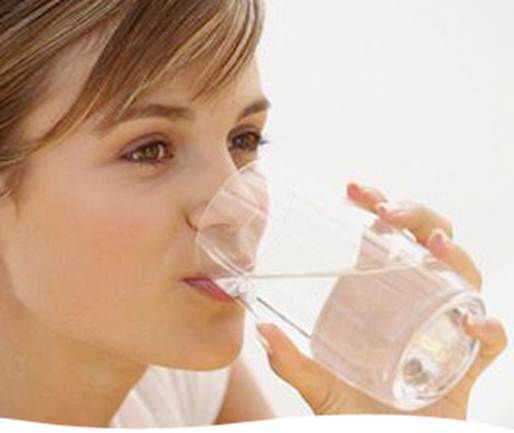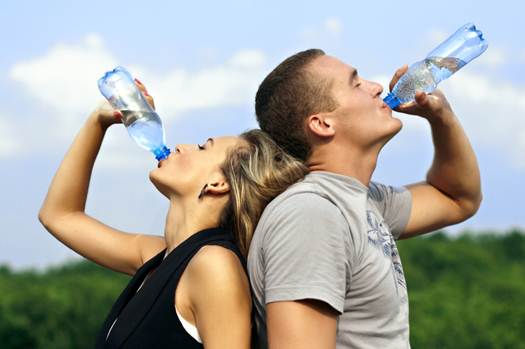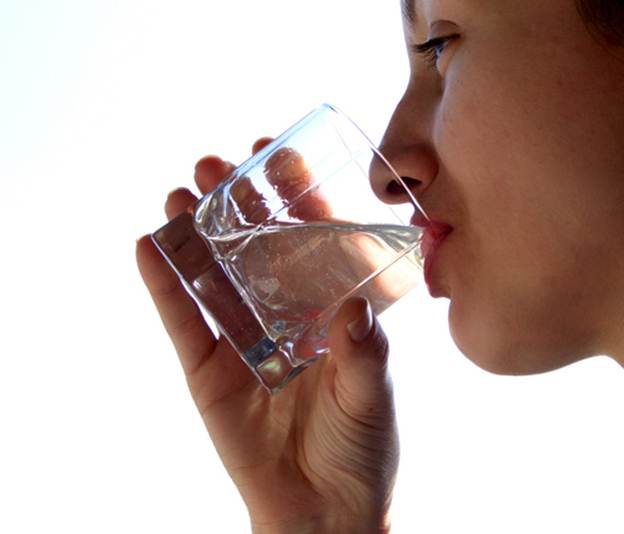Liquidity reassessed you don’t need to
drink eight glasses of water a day to prevent dehydration and stay healthy.
Sounds crazy? Don’t schools and countless experts advise it? What about those
people chugging from water bottles all day long? It’s still a myth, and no one
really knows where it came from originally. Today this claim is often made by
(no surprise) the boffled water industry.
The notion that we don’t drink enough water
— that is, at least eight glasses a day — “is not only nonsense, but is thoroughly
debunked nonsense,” according to a recent editorial in the British Journal BMJ.

Liquidity
reassessed you don’t need to drink eight glasses of water a day to prevent
dehydration and stay healthy.
Here are some other water myths. Drinking
lots of water does not improve kidney function or help kidneys eliminate toxins
— let alone improve overall health. It won’t bathe your organs in extra fluid
and thus improve their function. Don’t expect it to lower blood pressure, boost
concentration in kids, improve skin tone or prevent headaches, despite the
claims
Yes, water is a great drink. If it comes
from the tap, it’s cheap and environmentally friendly. And yes, it may help you
control your weight if it replaces caloric beverages. But that doesn’t mean water
promotes weight loss.

Yes,
water is a great drink.
How much to drink? If you’re healthy and
not exercising or working hard in the heat, thirst is your best guide. Most
fruits and vegetables are about 90 per cent water. Other beverages also provide
fluid, as do soups and stews. Coffee and tea supply water, too; it’s a fallacy
that they cause a net water loss.
Older people do need to try to drink more
water — older bodies cope less well with heat, and thirst may be a less
reliable indicator. People with recurring kidneys tones may also benefit from
drinking more fluids. Basic rule: If your urine is light yellow you’re drinking
enough.

Basic
rule: If your urine is light yellow you’re drinking enough.